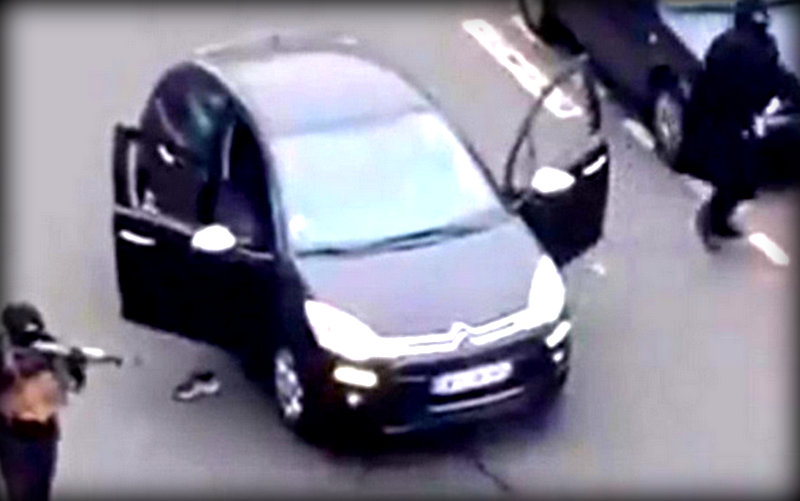
The 2015 fall of the Islamic Movement of Uzbekistan (IMU), a Central Asian jihadi movement that has long fought alongside the Taliban in Afghanistan and Pakistan, highlights the impact of two fundamental shifts in the jihadi landscape during 2015. Mobilized by the Afghan Taliban’s two-year-long deception over the death of the Taliban’s enigmatic and magnetic former leader, Mullah Omar, the IMU responded to the Islamic State’s (IS) attempts to create a foothold in Afghanistan.


